EcoNorCam Project: Great Results, Persistent Challenges
- Par Kimeng Hilton
- 04 Oct 2023 14:45
- 0 Likes
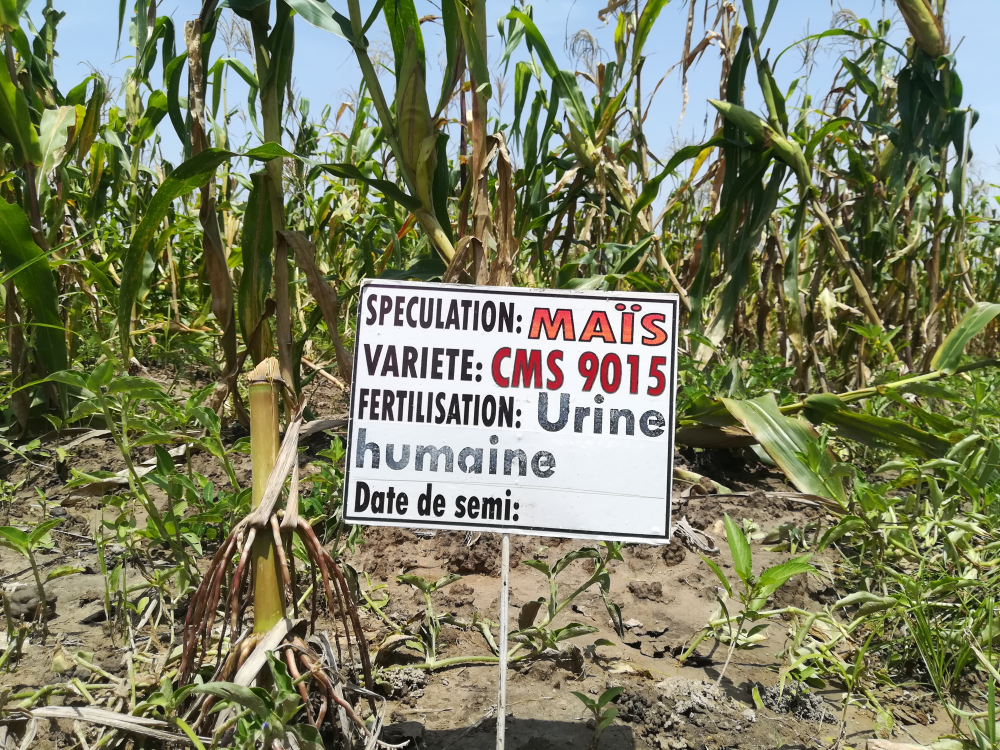
In almost three years of implementation, the four-year project, Ecosysteme du Nord Cameroun, EcoNorCam: Vers une approche intégrée du paysage has already restored 300 hectares of degraded land. But continues to face hiccups to attaining greater heights.
The large swathes of land around Benue National Park in the North Region represent the region’s food basket. But also a major biodiversity conservation site. Especially with the presence of the park and outlying sports hunting zones, which are also protected areas. The challenge is at the level of sustainably managing all the area’s natural resources. Such that local community people reduce the pressure they exert on protected areas. For more farm land, fuel wood, etc, by engaging in improved farming practices and ecologically-sound lifestyles.
Managed By Consortium
With just over a year to come to its end in December 2024, the project to secure the biodiversity in and around Benue National Park in the North Region has much to show. Ecosysteme du Nord Cameroun, EcoNorCam: Vers une approche intégrée du paysage (North Cameroon Ecosystem, EcoNorCam: Towards an integrated landscape management) runs from January 2021-December 2024. It is financed by the European Union. And implemented by three Non-governmental Organisations - the Wildlife Conservation Society, WCS, le Centre pour l’Environnement et le Développement, CED and Forêts et Développement Rural, FODER.
70 Per cent Attainment
“Overall, we are at 70 per cent attainment of project objectives. We will cover the remaining 30 per cent in 2024 and then assure good monitoring to consolidate the gains,” Bonné Guisatta, the Head of FODER’s component of EcoNorCam, promises. Some seven farmers’ cooperatives with about 200 members are now functional. Three more cooperatives will be set up before the project runs out.
300 Hectares Restored
Some 300 hectares of degraded land, using compost manure, and to some extent, agro-forestry, have been restored. The 300 hectares belong to the 7 cooperatives and the individual farms of cooperative members. Assisted farmers are practising improved agricultural methods and ecologically-friendly lifestyles, according to Guisatta.
Challenges To Deal With
Despite this glowing balance sheet, Ecosysteme du Nord Cameroun, EcoNorCam: Vers une approche intégrée du paysage is hampered by a number of challenges. From attaining greater heights. Bonné Guisatta says the first challenge is linked to the appropriation of innovations by community people.
Love For Old Practices
“People are so used to abusing chemical fertilizers, which are largely responsible for degrading soils. And when new, improved farming methods are introduced to those already so used to chemical fertilizers, some level of resistance can be expected. We had to step up efforts to bring such people to understand that the old way of farming should be dropped. And they finally did - after much sensitisation,” Guisatta recounts.
Which Fireside?
The second challenge concerns the use of the improved fireside. “There was resistance amongst women who knew only the traditional three-side fireside. It was therefore not easy to convince them to drop what they had known and used throughout their lives. But the first set of women who accepted the innovation helped to sensitise other women to take the cue,” he says.
Different Development Approaches
“Development approaches are not the same,” Bonné admits. “And it is often difficult to come to a common understanding on how to go about field work. Others see in this a conflict, but there is none! It is however a challenge to avoid carrying out the same activities in the field. We hope to eventually overcome it,” Bonné pledges.
Boko Haram Impact
Moreover, the population in the project area has tripled over the years as a result of the Boko Haram insurgency in the Far North Region. Which has displaced many people. Who have taken refuge around Benue National Park. As a result, some people have settled in wildlife transhumance corridors, which is prohibited by forestry law.
Wrong Settlement Sites
“Each time we are informed of the choice of a piece of land for possible project-supported farming, we always ensure it is not located within a protected area (the Benue National Park or Sports Hunting Zones). Many people have indicated interest in replicating the improved farming techniques the project teaches. But if they live in protected areas, their request cannot be granted. This is why Component 1 of EcoNorCam provides for local land use planning around Benue National Park or the redistribution of land for different uses,” Guisatta points out.
Transhumance Havoc
The challenges in the project area are compounded by international transhumance. “We have the impression that each time it happens, project gains are destroyed. Transhumance increases conflicts with local community people who receive support from the project. Unfortunately, everyone appears powerless in the face of international transhumance from Nigeria and Niger through Nigeria,” Guisatta suggests.
Cattle Rustling Encouraged
“The herdsmen accompanying the animals are often heavily armed and can destroy anything in their way. Their presence encourages cattle rustling from local herders. Herdsmen on transhumance bring along cattle, sheep, goats and other small ruminants. During their stay in the country, local herds often get mixed with their animals. And when the transhumance herdsmen return, they sometimes take along animals belonging to Cameroonians, given that they are well armed,” Bonné notes.
Project Gains Wiped Out
“International transhumance happens every year from the end of October, lasting at least 7-8 months. Of late, some herdsmen have been spending 9-10 months in Cameroon. Some even arrive at the beginning of October when harvesting is not yet over! Each time foreign livestock arrives in the country, bountiful harvests are wiped out. This makes it difficult for the project to sustain good results. This is a major challenge. But the authorities are doing their best to contain the situation in collaboration with local people and EcoNorCam,” Bonné Guisatta assures.
Illiteracy As Barrier
According to Laurence Wete Soh, the head of Forêts et Développement Rural mission currently monitoring and evaluating FODER’s component of EcoNorCam project, some beneficiaries, mostly women, have difficulties understanding and retaining the training given them because of illiteracy. “In this regard, we plan to translate training modules into local languages for audio use,” Laurence promises.
No Birth Certificates!
The other challenge is the lack of birth certificates by many female learners. For example, 11 of the 13 women who are ready to sit the First School Leaving Certificate, FSLC examination this academic year do not have birth certificates. And consequently no National Identity Cards. Such a situation hampers the work of assisted groups because leaders with no identification papers cannot perform certain tasks.
Farmer-Grazer Disputes
Other challenges are linked to conflicts between livestock farmers and crop farmers. Crop farmers find it difficult to grow agro-forestry trees ...
Cet article complet est réservé aux abonnés
Déjà abonné ? Identifiez-vous >
Accédez en illimité à Cameroon Tribune Digital à partir de 26250 FCFA
Je M'abonne1 minute suffit pour vous abonner à Cameroon Tribune Digital !
- Votre numéro spécial cameroon-tribune en version numérique
- Des encarts
- Des appels d'offres exclusives
- D'avant-première (accès 24h avant la publication)
- Des éditions consultables sur tous supports (smartphone, tablettes, PC)






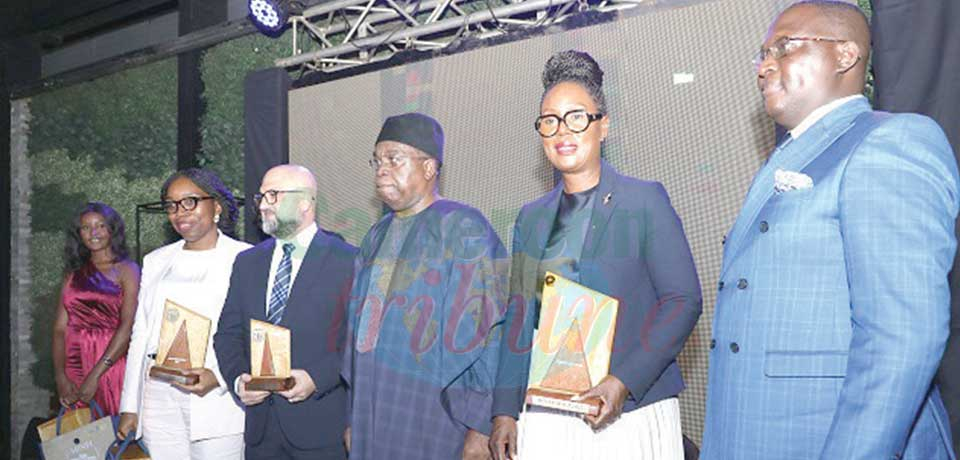
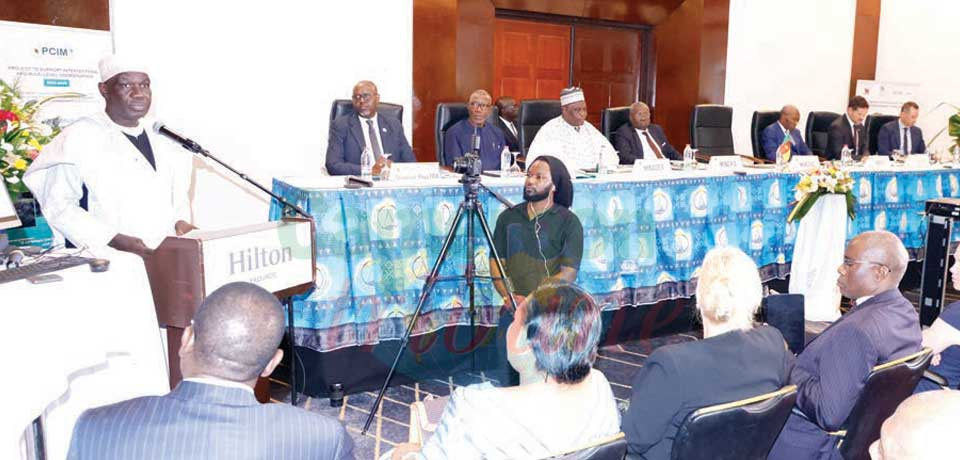
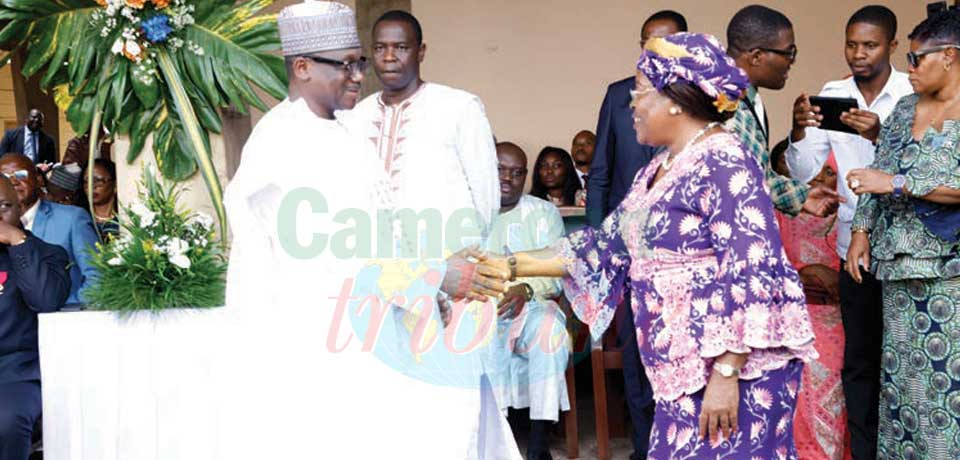
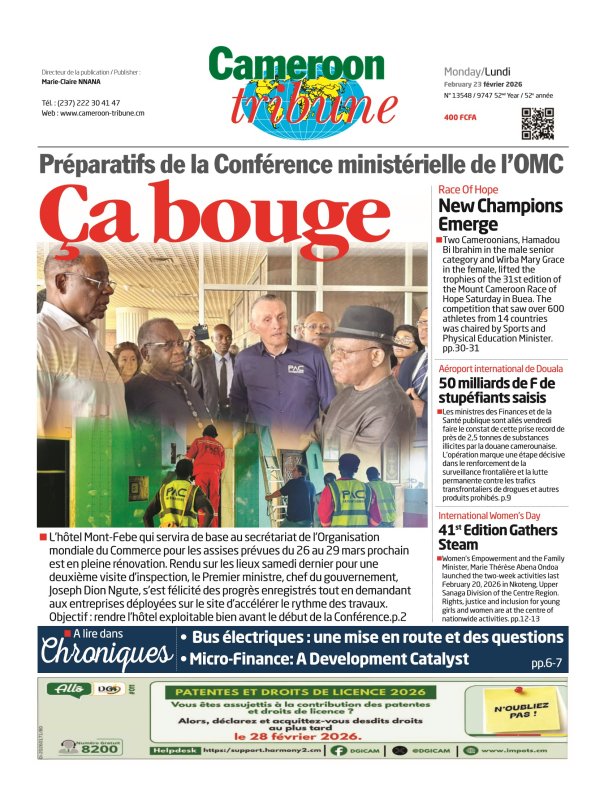




Commentaires